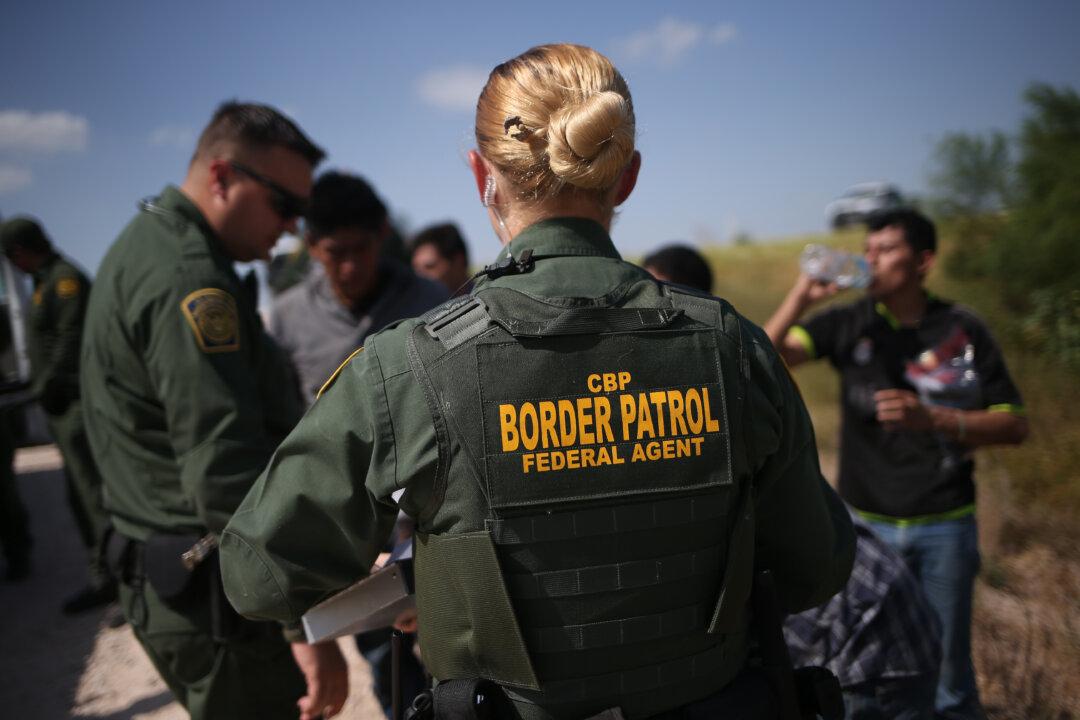WASHINGTON—The automatic budget cuts known as sequestration have been in place for a month and some are asking what all the fuss was about. Others, particularly federal employees and contractors, are already feeling the impact.
“I am really worried about it to tell you the truth, there is a lot of stuff that could happen,” a customs and border patrol agent at Washington–Dulles International Airport told The Epoch Times.
When the sequestration cuts of $85.3 billion kicked into action March 1, they followed weeks of public events by President Obama and his administration, warning of dire consequences.
The cuts would be like taking a “meat-cleaver” to defense, vital services, and domestic programs, Obama said. He referred to research by the nonpartisan Congressional Budget Office, which predicted that the economy would stall and lose over 750,000 jobs through sequestration cuts, which must be implemented before the end of fiscal year 2013, Sept. 30.
“At a time when our businesses have finally begun to get some traction—hiring new workers, bringing jobs back to America—we shouldn’t be making a series of dumb, arbitrary cuts,” he said in a speech at the White House March 1.
Republicans accused the administration of overdramatizing, saying cuts in spending were needed.
“Stop trying to scare the American people,” tweeted Louisiana Gov. Bobby Jindal, a Republican, who had suggested that the president could use more rational ways to cut spending rather than the drama of sequestration.
Two weeks after sequestration had been introduced, House Transportation Chairman Bill Shuster (R-Pa.) summed up the prevailing sentiment among doubters.
“The sky isn’t falling,” he said referring to warnings from outgoing Transport Secretary Ray LaHood that airports would be forced to close and wait times would grow to 90 minutes.
A week later, the Federal Aviation Administration (FAA) announced that it would close air traffic control towers at 149 airports around the country.
The closures start April 7 but are unlikely to impact city to city travelers immediately, with only small and medium airports affected. But outgoing La Hood warned that the impact of sequestration would trickle down.
“Not every one will feel the pain right away ... the pain, though, will be real,” he warned at a White House press briefing late February.
Impacts Felt
The closures mark the beginning of a process that is moving by stealth across government agencies, creating uncertainty in ways that only those affected can really understand.
The Dulles customs officer, a young man in his 30s who did not give his name as he was not authorized to speak on the issue, said there was a lot of concern among his colleagues about the cuts, what impacts they will have, and whether they would force his colleagues to seek employment elsewhere.





